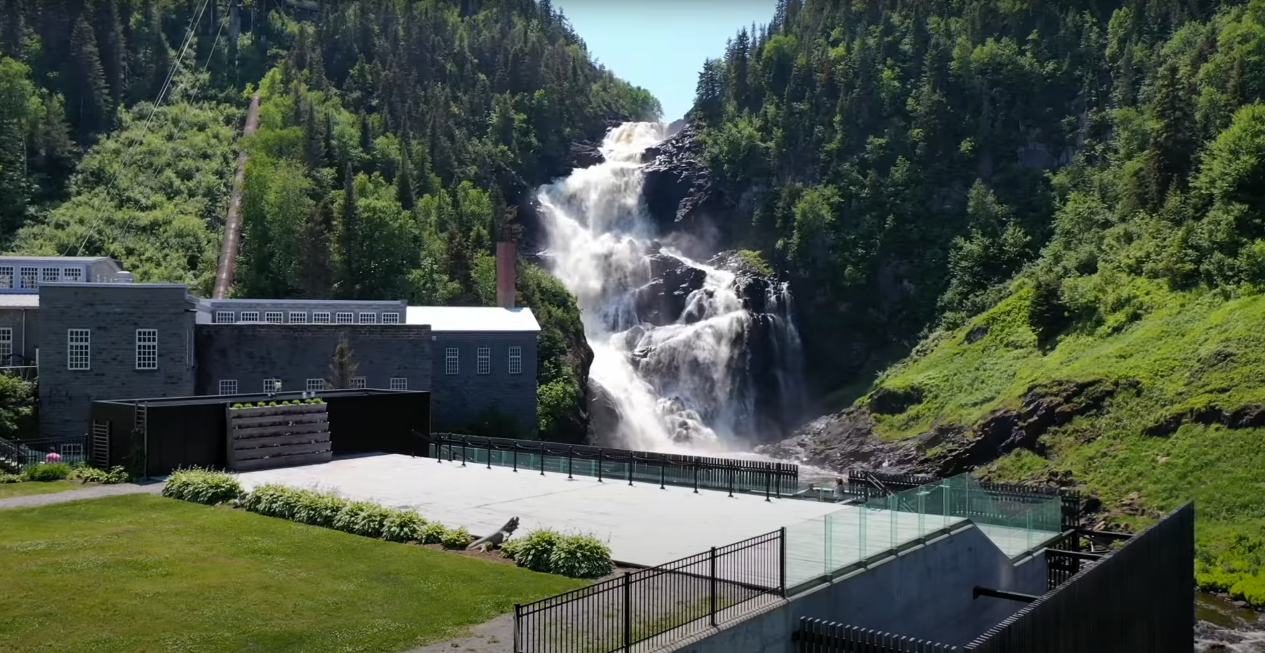An energy project is said to be “community-based” when it actively involves local communities at each phase of its development: from planning to project management, right through to the economic spin-offs.
As a project initiator and business partner in the renewable energy sector, the Indigenous community of Mashteuiatsh (Pekuakamiulnuatsh First Nation), in the Lac-Saint-Jean region, is a pioneer in this field.
The use of a collaborative approach has enabled the community to economically and socially grow, while better protecting its territory, and generating positive spinoffs for present and future generations.
For the past 15 years, Transfert Environnement et Société (TES) has been involved in supporting the development of local projects, acting as a third-party facilitator and an ESG advisor for projects such as the Société de l’énergie communautaire du Lac-Saint-Jean‘s mini hydroelectric power plants (Val-Jalbert and Onzième Chute). These two projects were jointly led by the community of Mashteuiatsh and the MRCs of Maria-Chapdelaine and Domaine-du-Roy, also partners.
TES has thus had front-row seats to the potential of community-based approaches as an effective tool for energy development in Quebec.
These projects, carried out by and for communities, on their terms, promote social cohesion and development that meets community expectations and the specific features of the region.
This has allowed Mashteuiatsh to develop its expertise and share it with other Indigenous and non-Indigenous communities, making the community an inspiring model for community-based energy development in Quebec.
TES is proud to collaborate with the Pekuakamiulnuatsh and their partners on new projects in the Lanaudière (Énergie Matawak) and Abitibi-Témiscamingue (Énergie Renouvelable Onimiki) regions. These projects are led by Développement PEK, the non-profit organization set up by Mashteuiatsh to develop a community-based energy sector.
Learn more in this video shared by the Mashteuiatsh community (in French) :
